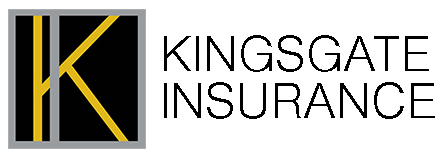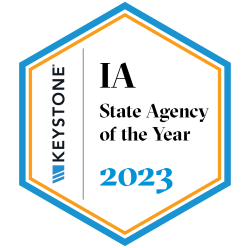Optional insurance coverages to consider if you’re buying a car
The excitement of purchasing a new car is a feeling like no other. The shiny exterior, the fresh scent of the interior, the new features, and the promise of countless adventures create a sense of anticipation that’s difficult to beat.
But before you go to the dealership, you must research to be prepared. Things to consider include:
- Your credit score
- Your desired payment
- Your car’s trade-in value
- Car features and benefits
- Buy vs. lease
- New vs. used
- Insurance rate and coverage
Once you test drive and purchase your dream vehicle, you must make sure that it’s adequately protected by insurance. Most auto policies include language for newly acquired autos, which provides liability coverage and limited physical damage coverage for your new car. That coverage, however, only lasts for a specified time. You must still notify your agent or insurance company of the purchase. Failing to do so may result in a lack of coverage.
When you contact your agent about adding your new vehicle to your policy, they can advise you about adding additional coverages that may be a good fit for your situation. Theresa, senior personal lines underwriter, will explain some optional coverages that may be available on an insurance policy.
Auto Loan/Lease or GAP coverage covers the difference between the amount still due on your loan or lease agreement and the actual cash value of the vehicle if a covered claim occurs.
Car Damage Replacement coverage changes the loss settlement from actual cash value of the vehicle to the replacement cost for specific covered claims during a specified time. Some exclusions may apply.
Emergency Roadside Assistance coverage is another optional coverage that can be added to the policy. Roadside assistance covers services for towing, flat tires, gasoline delivery, battery jumpstarts, lockouts, and other minor repairs at the site of disablement. The amount of coverage depends on the coverage limit you select and the terms and conditions of the policy.
Transportation Expense coverage is for temporary expenses you incur due to a covered physical damage claim to your covered auto. This is the cost to rent a vehicle while yours is being repaired. This coverage usually has a limit of $30 per day with a maximum of $900, which typically allows for the rental of an economy or compact vehicle. In today’s environment, purchasing higher limits is a good idea.
Regardless of the kind of vehicle you purchase, it’s essential to obtain insurance protection as soon as you can. In addition, make sure you read and understand your policy and contact your independent insurance agent with questions.
I hope your next vehicle buying experience is successful and stress-free.
Article provided by West Bend Insurance.
This article is intended for general educational and illustrative purposes only and should not be construed to communicate legal or professional advice. Further, this article is not an offer to sell insurance. Please consult with your licensed insurance agent for specific coverage details and your insurance eligibility. All policies are subject to the terms, conditions, limitations, definitions, and exclusions contained therein.






Leave a Reply
Want to join the discussion?Feel free to contribute!